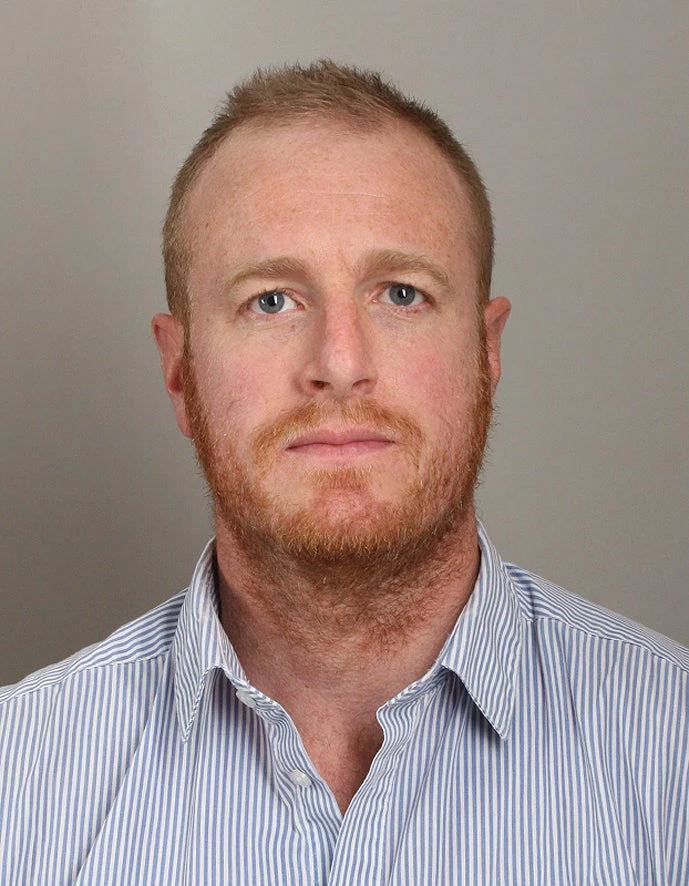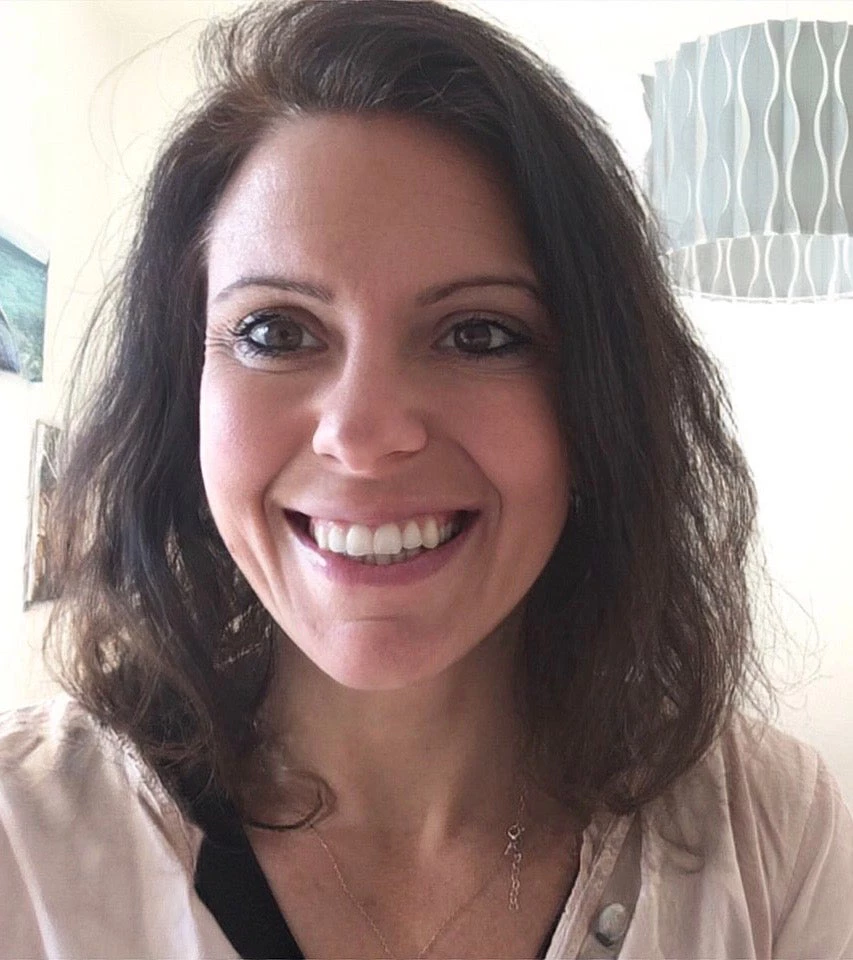 A resilient Haitian woman gazes from the doorway of her home, clutching onto a vibrant curtain.
A resilient Haitian woman gazes from the doorway of her home, clutching onto a vibrant curtain.
Gender-based violence (GBV) is one of the greatest social, economic, and development challenges facing the world today. At least one-third of women across the globe experience GBV and the health and development consequences that it brings. In the Caribbean, Haiti has high levels of GBV, in particular, related to the worrying incidence rates of domestic violence. Physical violence affects 29 percent of women ages 20 to 45 in the country. In 45 percent of cases, the act of violence is perpetrated by the intimate partner.
GBV represents a significant barrier to women’s full involvement in social and economic life in Haiti and remains associated with violence and insecurity. Although Haiti is part of several international agreements and conventions ensuring women’s rights, the country has a long way to go to ensure that women have equal rights and protection under the law.
“We didn't even know how to identify the different types of violence. We accepted the macho ideas of society that women are the property of their spouses, and that violence is normal. I didn't know what economic violence was, especially when it's a father who doesn't take responsibility for his children, who are then stigmatized." Participant in outreach activities
Access to prevention programs and basic response services for survivors is extremely limited, underfunded, dependent on external sources, and affected by cultural and social norms. Available services are almost exclusively linked to either humanitarian programs or to areas affected by emergencies.
The increased insecurity in the country and the dramatic socio-political deterioration have had a devastating impact on the lives of women and girls preventing them from having access to basic care and crucial services. Armed gangs, which have progressively extended their reach in Port-au-Prince, use sexual violence to instill fear, intimidate, subjugate, and control local populations.
Since 2020, the World Bank has recognized the opportunity to use the Environmental and Social Framework to better manage GBV risks in World Bank-financed projects, particularly sexual exploitation and abuse, and sexual harassment (SEA/SH), and to improve response services for survivors. In Haiti, projects identified as having substantial or high SEA/SH risks in the transport, disaster risk management, and energy sectors have adopted prevention and response measures.
Community-based survivor-centric gender-based violence services
Launched in January 2023, the project “Promoting community-based survivor-centric GBV services for women and girls in Haiti” complements the risk mitigation work with increased access to adequate comprehensive services in targeted areas for GBV survivors, and/or women and girls at risk.
"The issue of violence against women and girls is at the root of many problems in the community. The new activities are very important to sensitize families. The implementation of services, even in one commune of the department, can have a deterrent effect on aggressors.” Elourdes, 59 years old, community leader
The project supports:
- Improving the quality and reach of services for GBV survivors
- Promoting women and girls’ socio-economic empowerment and safety
- Building resilience through the strengthening of the community-based Women and Girls Safe Spaces (WGSS), operated by women-led local civil society organizations in four localities in the Southern Peninsula
Location of Women and Girls Safe Spaces supported under the Project
The WGSS will provide girls and women with assets and skills to make healthy life decisions and advocate for their needs offering services and referrals for GBV survivors.
"This is a good initiative that will allow young girls in the community to meet each other in a safe environment, to have friends outside of our family and to be counseled in case of difficulties." Gladys, 14 years old
The WGSS may be the only environment where survivors can be free from threat and fear. Many women describe how being able to come to a WGSS can be a relief and an opportunity to relax and express themselves.
“The therapy sessions, and then the support group, helped me regain my strength. It made me discover that I was not the only woman to be humiliated, oppressed. It helped me get my act together. My children notice this positive change." Survivor undergoing rehabilitation
Haitian women are community responders, and even though they are often the most impacted, their solutions and voices are not always heard. This project supports the view that women-led organizations need to be trusted, re-imagining protection services designed and led by the same women and girls they serve.






Join the Conversation